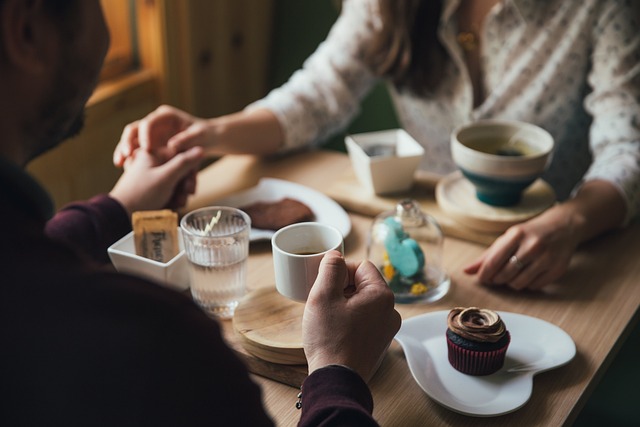f you’re used to relying on drugs or alcohol as a social lubricant, the thought of dating while sober might seem a bit overwhelming. There’s no need to resign yourself to spending the rest of your life alone, however. Sober dating might take some getting used to, but finding your special someone is actually much easier when your judgment isn’t impaired by addictive substances.
7 Tips for Sober Dating
Generally speaking, it’s not a good idea to start dating until you’ve been sober for a full year. The first months of recovery require serious self-reflection—and that’s best accomplished without any outside distractions. Take the time to learn who you are and what you want your future to look like before you jump into the dating pool.
Once you’ve decided you’re ready to start dating, here are some tips to make the process a bit easier:
- Don’t limit your dating pool to people in recovery. There are websites and dating apps that specifically target sober singles, but you don’t have to limit your potential partners this way. There are plenty of people who don’t drink or do drugs for reasons that have nothing to do with addiction, such as religion or a general concern for their health. While someone who is in recovery might have a better understanding of the specific challenges you’re facing, anyone who respects your recovery efforts and shares a similar view about the importance of leading a lifestyle free of drugs and alcohol is worth getting to know better.
- Grab coffee first. Meeting at a coffee shop is the ideal first date because it’s inexpensive, casual, and ideal for conversation. If you’re planning to meet at a place you’ve never been to, stop by beforehand so you know what to expect.
- Consider a double date. If you’re nervous about jumping back into the dating pool, a double date with a couple you trust might help you feel more comfortable. Going to the movies, planning a game night, hiking through a local park, or testing your skills in an escape room are just a few ideas to consider.
- Think about how much you want to share. You don’t owe anyone your recovery story, but keeping your partner in the dark increases the risk of misunderstandings and general awkwardness. A possible compromise would be to share general details that explain why you’re sober, then provide more of the story when you’ve had a chance to get to know your partner better.
- Remember that we all have insecurities. Dating is hard for everyone. It’s easy to get so focused on your life in recovery that you overlook the ways in which your partner might be struggling. For example, they might be worried you’ll judge them for their weight or their profession—or they might be feeling vulnerable and self-conscious after a recent breakup. A show of grace and compassion can do wonders when it comes to making the situation feel more comfortable for you both.
- Take it slow. The human brain is primed to pursue activities that offer a quick dopamine hit—including sex and intimacy. However, jumping into a physical relationship before you’ve had a chance to get to know your partner as a person isn’t a great idea. Learn about your partner’s values, interests, goals, and dreams so you can make an informed decision about what role they should play in your life.
- Refuse to settle. It’s common for people in recovery to struggle with low self-esteem, but you need to remember that you are not broken. You made a brave decision by acknowledging that you had a substance abuse problem and getting the treatment you needed to start living a healthier life. You deserve a partner who treats you with respect—and there’s no reason to settle for anyone who believes your past is a liability.
We’re Here to Help You Succeed
Located on a beautiful mountainside in central Pennsylvania near State College and Altoona, St. Joseph Institute for Addiction provides a full continuum of care for men and women diagnosed with substance use disorders. This includes relapse prevention and continuing care designed to ease the transition back to independent living. Contact us today to discuss how we can help you continue to progress in your recovery journey.


